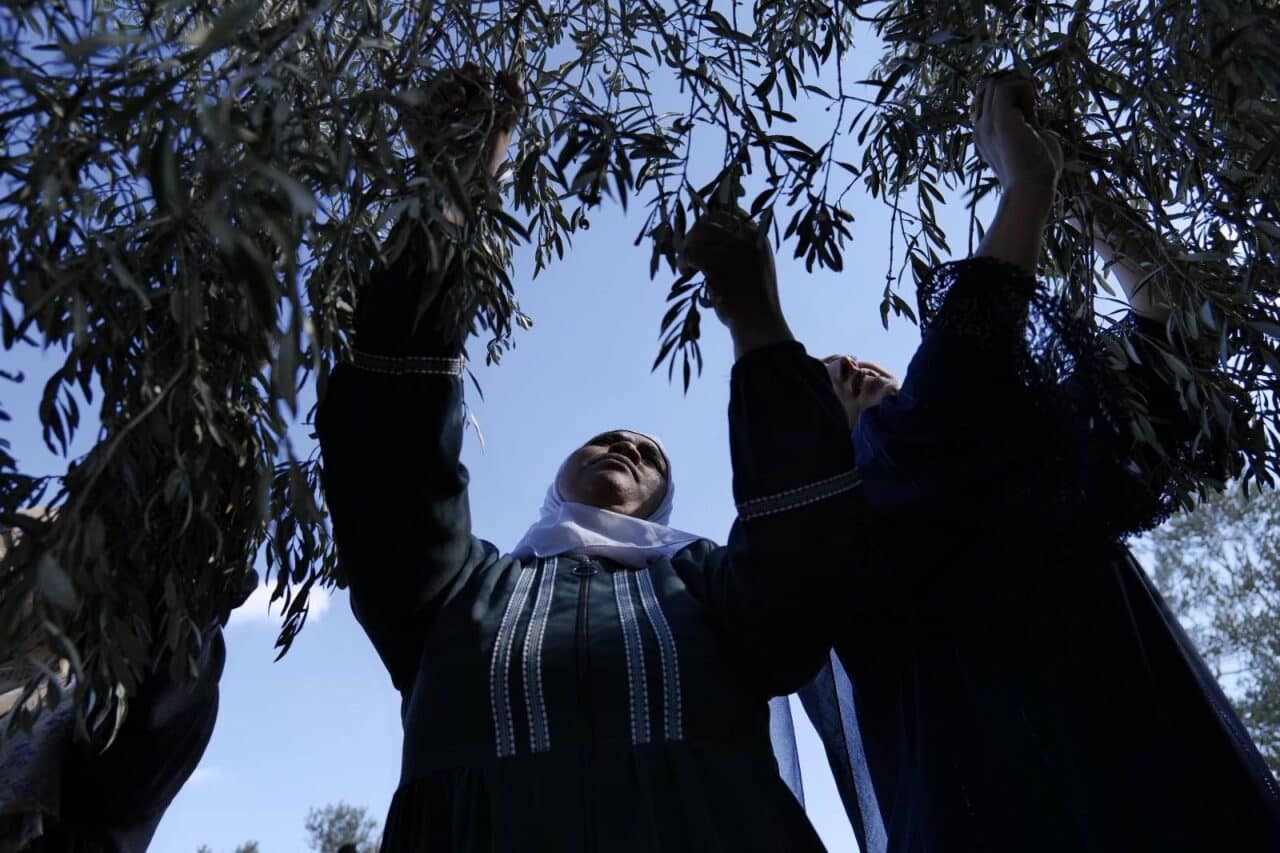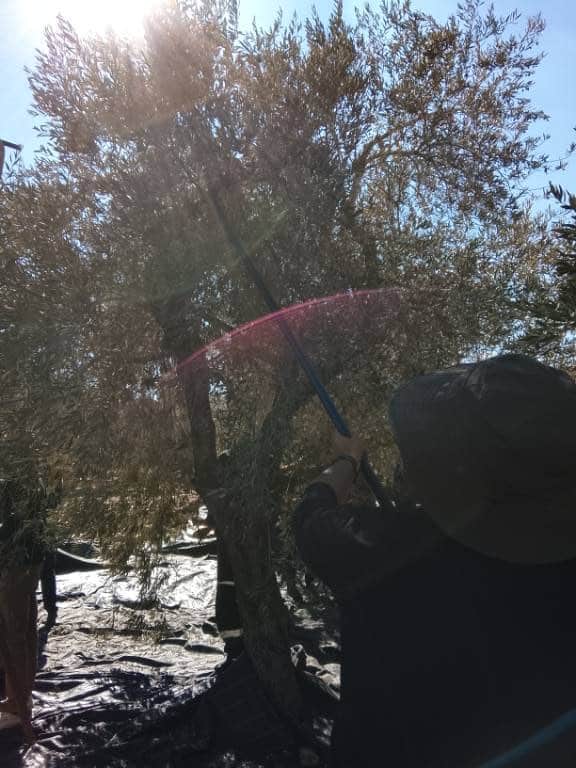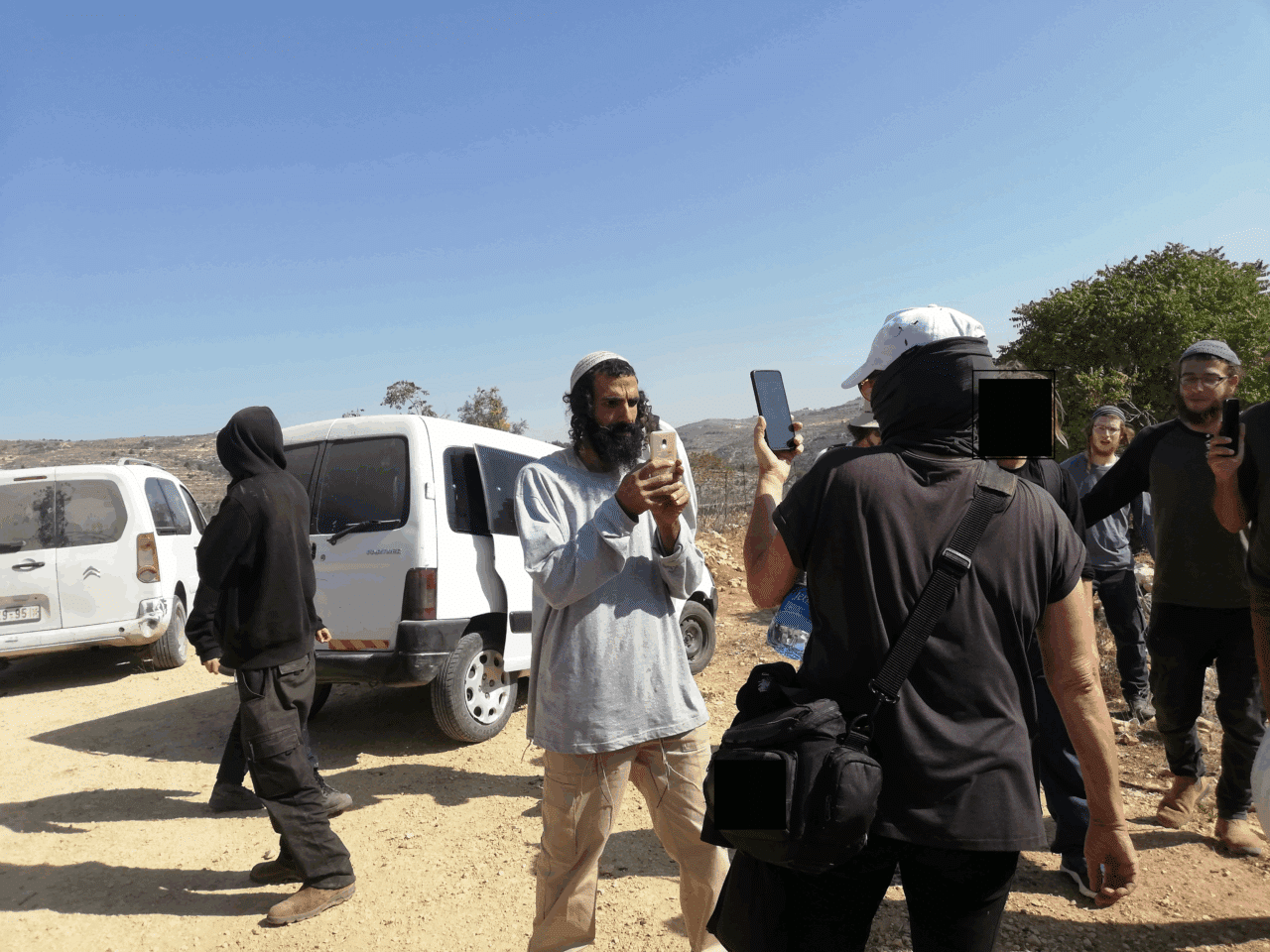Tag: Olive harvest
-
Vicious attacks on Palestinian farmers during olive picking in the West Bank
By Diana Khwaelid The suffering of Palestinians, especially farmers trying to reach their threatened lands, those located near illegal outposts and close to the wall, has not stopped. Armed settlers are killing and assaulting Palestinians, and are seizing Palestinian land under the protection of the Israeli army. Tulkarm / Ramin Town On October 17th, the…
-
Farmers Finally Able to Harvest Olives in Burin, Irak Burin and Madama After Days of Harassment
After two days of running from Israeli military, tear-gas, and armed settlers, Palestinians and their supporters successfully picked olives in three locations today: Burin, Irak Burin, and Madama. In Burin, a settler came and said that he was going to send in the military, so our Palestinian friends asked if we could help them pick…
-
Olive Harvest Journals: a Day in Silwad
The harvest in Silwad began with a tense walk on the morning of October 17th. Settlers were observed on the horizon, as solidarity activists traversed the valley towards the trees. Around thirty of us traveled in solidarity with Palestinian farmers, passing by an illegal Israeli settler outpost that had been constructed last year. We eventually…



